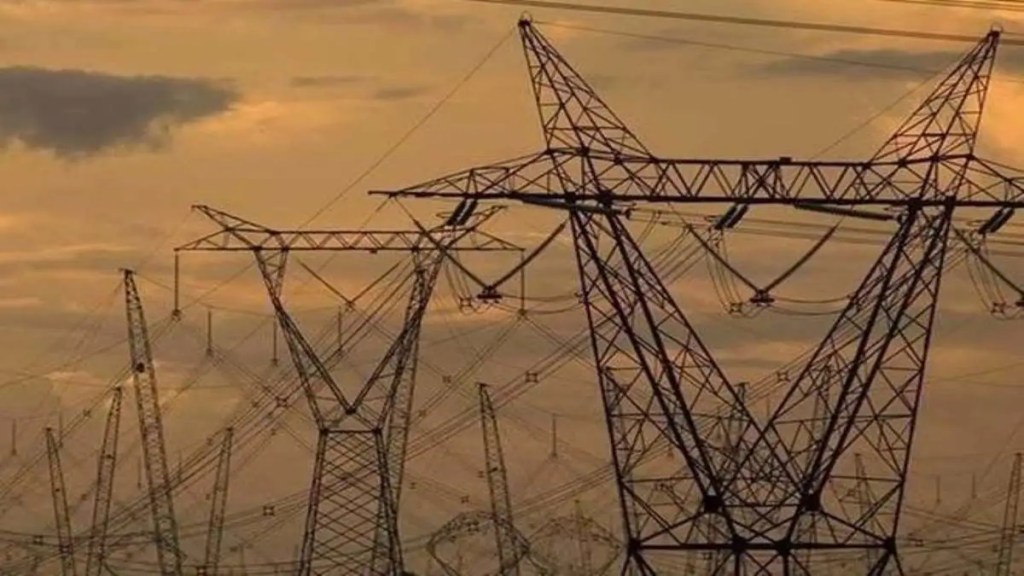Barring 13 states from the power exchanges till they clear the current dues owed to generation companies (gencos) should help jolt states into getting serious about discom dues. This was the first step in a graded system of penalties that kicks in in an automatic manner upon default. The move seems to have driven home the message, with a few states already paying up the dues, while some others are in the process of doing so. As of Saturday, only five remain suspended, and the outstanding dues have reportedly dropped 80% within a day of the electricity grid operator barring defaulting discoms from power exchanges for short-term purchases or sales. The accompanying threat of massive power outages should either prompt all states to become regular with subsidy payments to their discoms or scale back their subsidy programmes if the bills drain their coffers. The total dues of the 13 states, at Rs 5,100 crore, may not seem much, but their accumulated dues should show how irresponsible they have been. Some of these dues have been pending for anywhere between three months to over a year.
The problem stems from state governments’ failure to make subsidy and consumption (by government departments) payments in time, apart from a large regulatory assets overhang. Data from the latest Integrated Rating and Ranking of Power Distribution Utilities of the Power Finance Corporation (PFC) shows, subsidy receivables of discoms across the country stood at Rs 79,577 crore in FY21, up 85% from FY19. This amounted to 52% of the subsidy booked that year. The pending dues were concentrated largely in some of the states in the list of those barred from the power exchanges. Rajasthan, Andhra Pradesh, Madhya Pradesh, Karnataka, Punjab (not among the 13), and Maharashtra accounted for 85% of total unpaid subsidy. When it came to regulatory assets, Rajasthan alone made up 51% of the total. Government department dues to discoms, too, seem concentrated in the errant states. At the end of March 2022, as per government data, Telangana owed discoms Rs 11,935 crore under this head, Maharashtra Rs 9,131 crore, Andhra Pradesh Rs 9,116 crore, Karnataka Rs 6,600 crore and Tamil Nadu Rs 3,677 crore.
Also Read| Across the Aisle by P Chidambaram: Wish honourable PM will say
As is evident from the mounting power sector distress despite multiple conditional bailouts by the Centre, states are simply loath to revising tariffs. In FY22, 10 states did not issue tariff orders; seven of these had not done it in FY21 either. This has resulted in revenue growth falling short of overall costs. The states’ profligacy on subsidy policies seems a lot worse given the rules in the revamped discom bailout scheme lowers the states’ dues-burden, should they be willing to correct course. States can save thousands of crores if they agree to pay the legacy dues in instalments with funding from the REC and PFC. They also get a 2% discount on the tariff for prompt payments of current dues.
While the obvious solution is states making timely payments to the discoms, one way to continue populist subsidies while unburdening the discoms is to have direct transfer of benefits to end-users, with usage caps. Tariff revisions, especially in those states where this has been long pending, needs to happen at the earliest. But all of this will be a partial solution. The real need is to get rational about subsidies—no longer can rich farmers and middle-income households have free power or remain buffered from the real costs of the power delivered to their homes.


